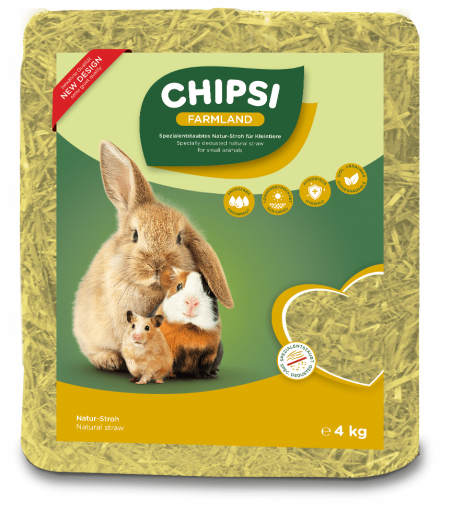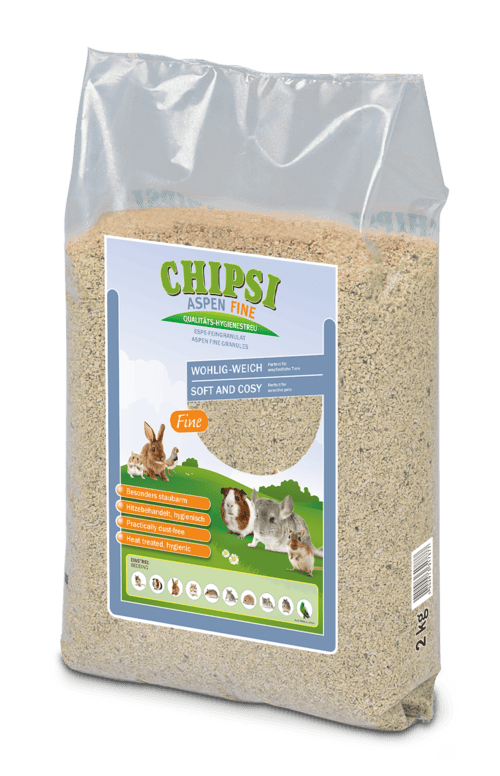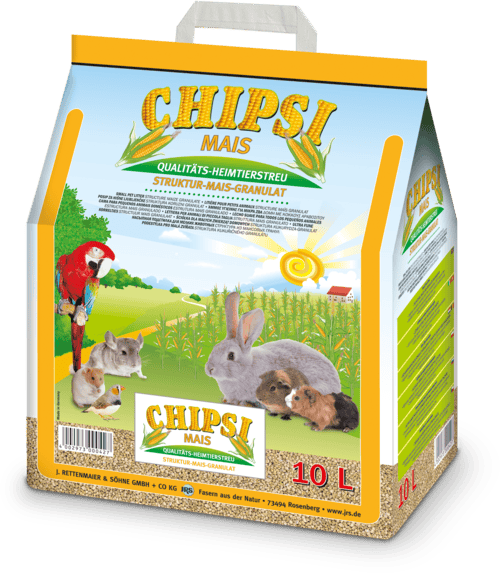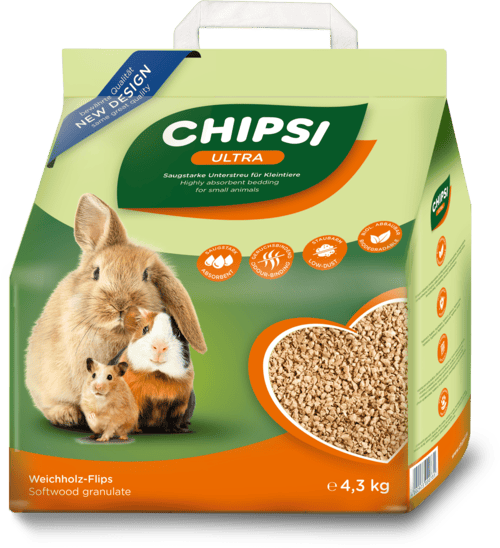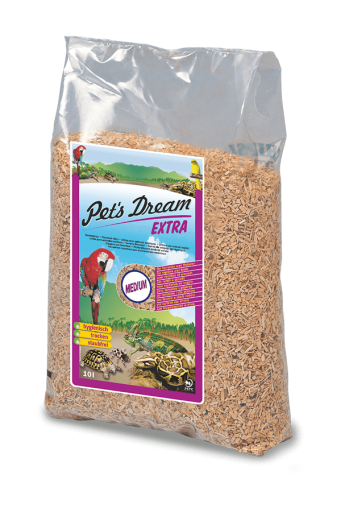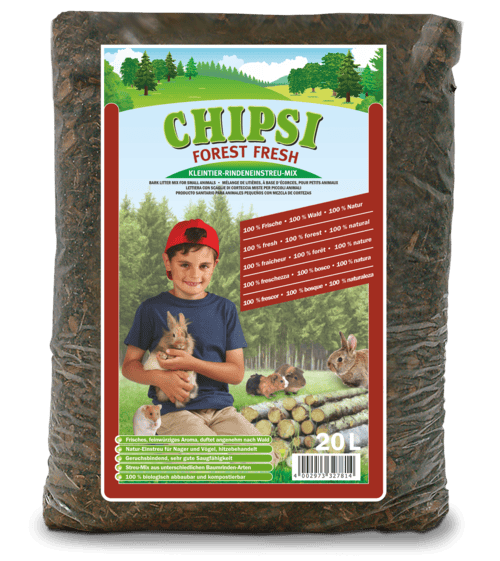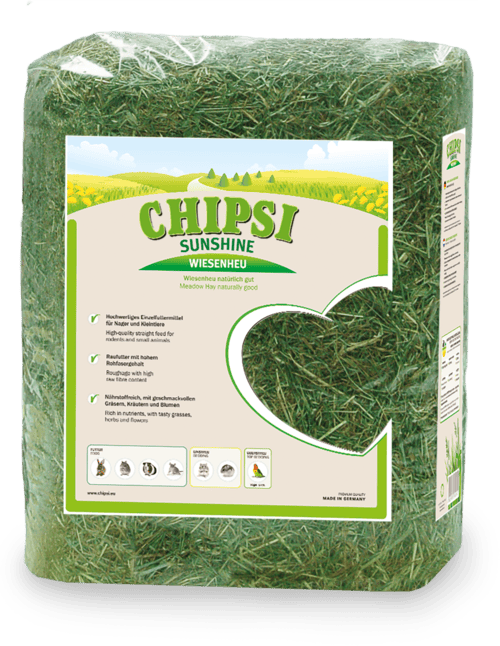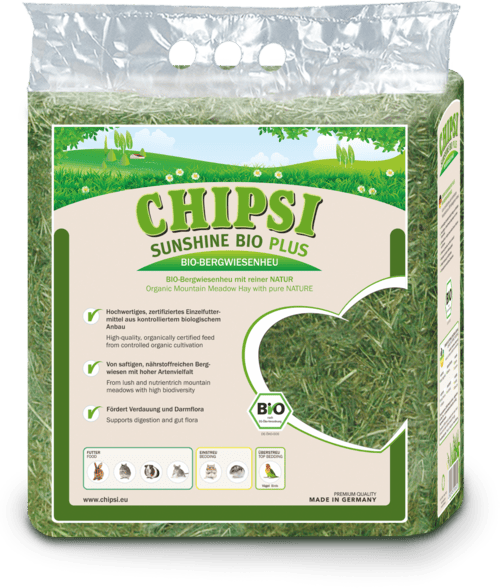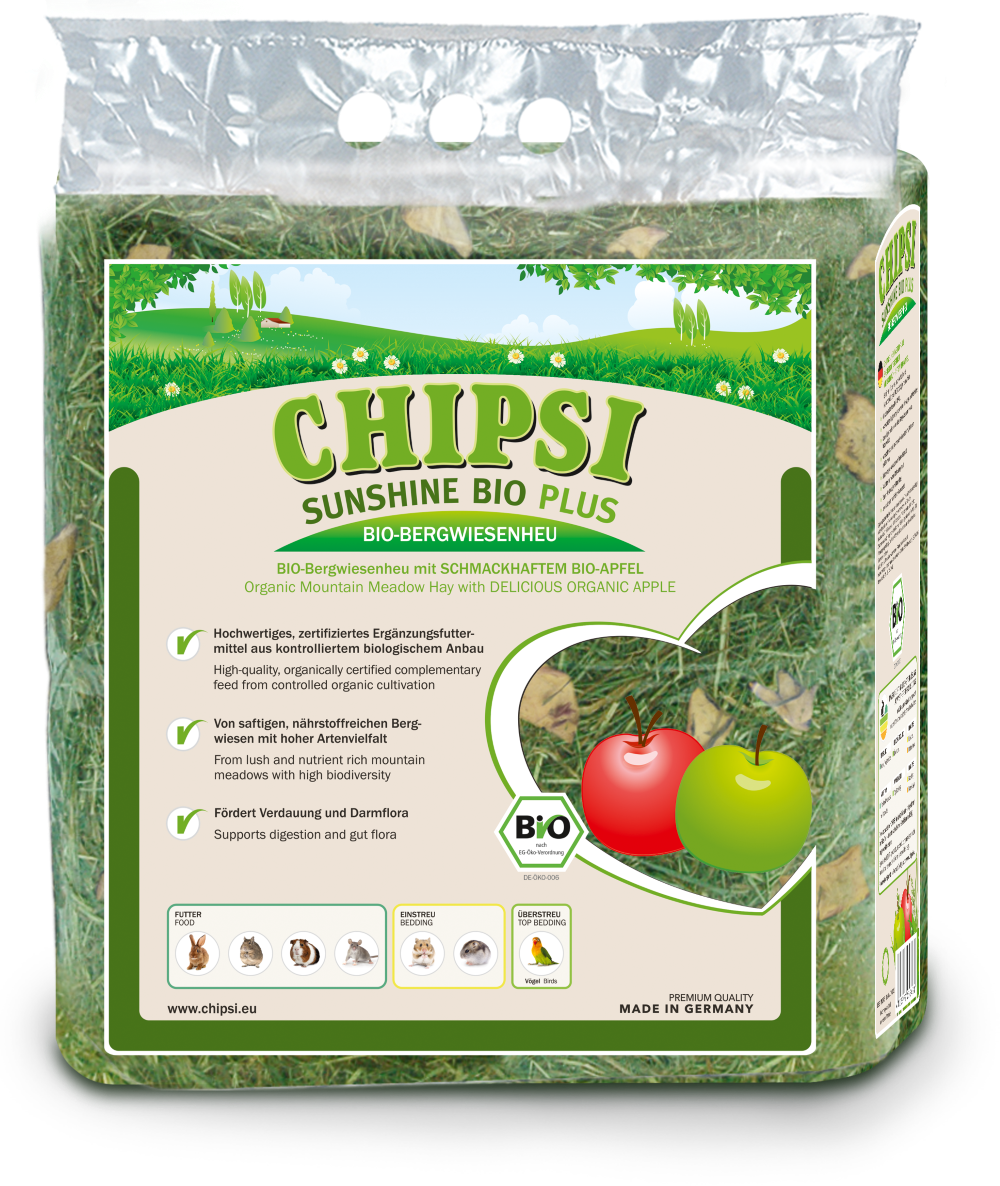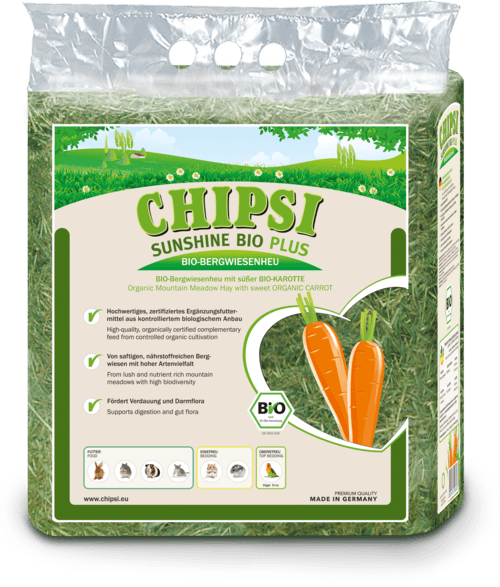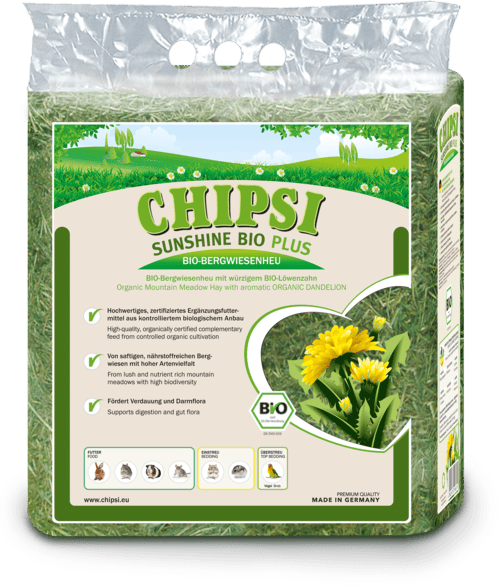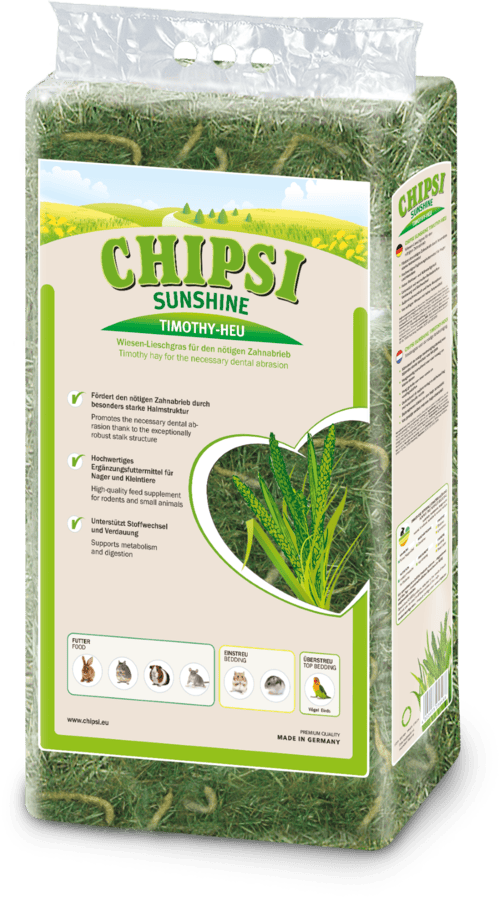Lovebirds - Colourful lovebirds with a great desire for freedom
Species-Appropriate Keeping – How They Thrive
Happiness Requires Company
Lovebirds are social parrots. Solitary keeping is not species-appropriate – they need at least one partner, and ideally, they live in a small group.
Space for Flight
The aviary should be at least 200 × 60 × 150 cm – for up to two pairs. Plan for 50% more floor space for each additional pair. Important: daily free flight in a safe room (min. 2.5 m³ air space).
Sleeping with a System
Each bird needs its own sleeping box – this provides retreat options and security.
Let the water flow!
A bathing opportunity should always be available. Lovebirds love to bathe – this keeps their plumage healthy and is enjoyable.
Don’t Forget Playtime
Climbing branches, swings, natural branches, and chew toys provide variety and engagement.

cleanliness and hygiene
🧼 Weekly Cleaning
💦 Monitor Bathing Area
Cleanliness is essential for Lovebirds – not only for their well-being but also for disease prevention. Particularly the areas around the bathing water and feeding stations should be regularly inspected.
Daily Freshness
Food remnants, droppings, and soiled litter must be removed daily. Especially in the bathing area, cleanliness is particularly important to prevent diseases.
Thoroughly Once a Week
The aviary and the substrate should be thoroughly cleaned once a week. This ensures hygiene, protects the birds, and prevents the formation of germs.
Healthy Plumage Care
A clean bathing area is indispensable. Only then can Lovebirds bathe regularly, care for their plumage, and stay healthy.
Other products

Nutrition
🥦 Fresh Greens
🧂 Minerals and Grit
Lovebirds require high-quality seed feed for small parrots daily, supplemented with fresh greens such as wild herbs, dandelions, or vegetables (e.g., carrots, bell peppers). Fruit should be given only rarely, as it is high in sugar. Mineral stones and grit support digestion. Fresh water must always be available.
Seeds as the Foundation
Lovebirds require high-quality seed feed for small parrots daily. It provides them with the necessary energy and forms the basis of their diet.
Greens as Supplement
Wild herbs, dandelions, and vegetables like carrots or bell peppers provide vitamins. Fruit should only be given rarely, as it contains a lot of sugar.
Minerals are Important
Grit and mineral stones support digestion. To ensure health and activity, fresh water must always be available.

Activities
🤝 Partner Play
🔹🌿 New Stimuli
These lively birds need variety: climbing branches, swings, sisal ropes, bathing opportunities, and chewable materials keep them active. Daily free flight and new stimuli – e.g., hidden food or fresh branches – promote their natural behavior and pair bonding.
Active Through Movement
Swings, sisal ropes, and natural branches keep birds fit. They promote fitness and provide structure to daily life.
Social Interaction
Lovebirds enjoy playing and chewing together. Such activities strengthen the bond between the animals and ensure a happy and balanced coexistence.
Encourage Curiosity
Fresh branches, hidden food, and daily free flight stimulate their exploratory spirit. Variety is the foundation for an exciting and species-appropriate life.
